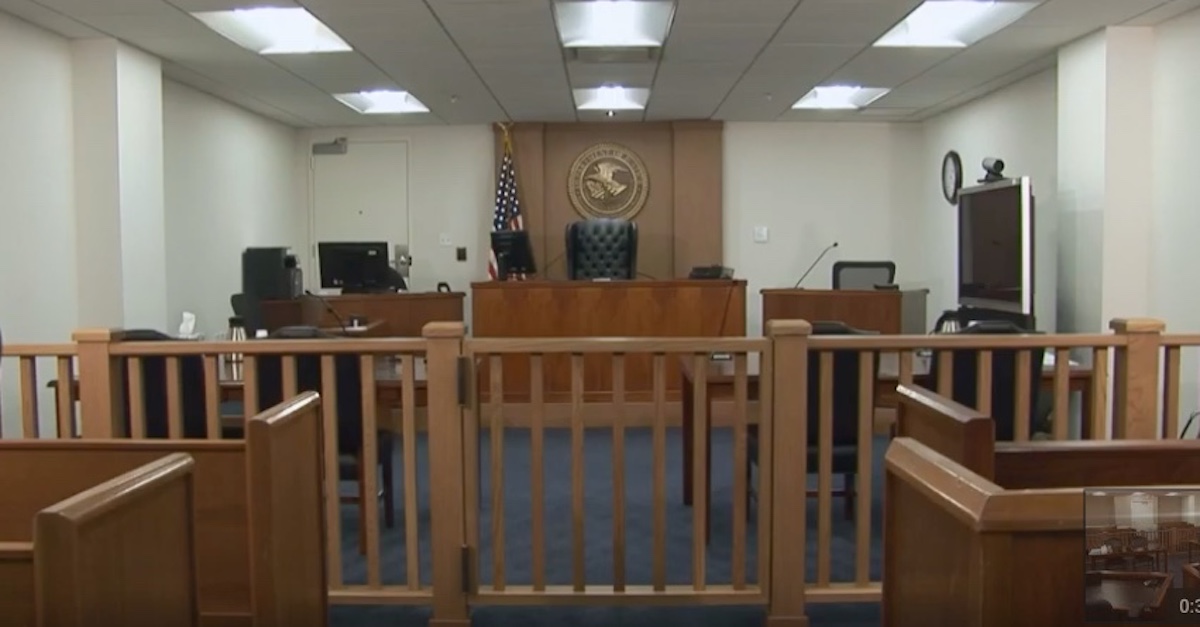
Despite the hardline stance that the Trump administration has had on illegal immigration, a new report shows that nearly a million people accused of being in the country illegally have been able to remain in the United States for extended periods of time, simply because they’re waiting for their court dates.
Bloomberg reported that 830,000 people are currently in the country and waiting for their cases to be decided, according to information from TRAC’s Immigration Project at Syracuse University. This is due to a tremendous backlog in cases, which is apparently exacerbated by a lack of immigration court resources. On average, people have been waiting two years for a court date.
Insufficient funding is certainly not for a lack of spending, though. From 2015 to 2018, the amount of money that has gone into the system has nearly doubled, from $61 million to $119 million. This money has gone to salaries for judges and clerks, as well as contracts to private firms–the most costly being interpretation services. More than $60 million went towards interpretation last year alone.
While spending has increased, so has the number of cases in recent years.
No one seems to be happy about any of this, nor is there a clear solution. Suggestions have included: adding more judges; enacting stricter laws; completely revamping the immigration court system. Part of the issue may be an imbalance between resources given to enforcement agencies like ICE, compared to the courts that have to deal with the cases they provide, according to Laura Lynch, senior policy analyst at American Immigration Lawyers Association.
“For years the immigration courts have been underfunded, and there has been more emphasis on funding the DHS enforcing agencies,” Lynch said.
Judge A. Ashley Tabaddor, president of the National Association of Immigration Judges, had a more resigned attitude towards the problem.
“It doesn’t matter how much money you throw at it, it’s broken,” she said.
According to Bloomberg, the backlog doesn’t even take into account more recent problems caused by the recent government shutdown. Law&Crime reported in December 2018, when the shutdown first began, that immigration attorneys and their clients showed up for court dates, only to find signs on the doors saying that all cases involving non-detainees were being postponed. No prior notice was given, and cases were pushed off by months, or even years in some cases.
[Image via MLive screengrab]